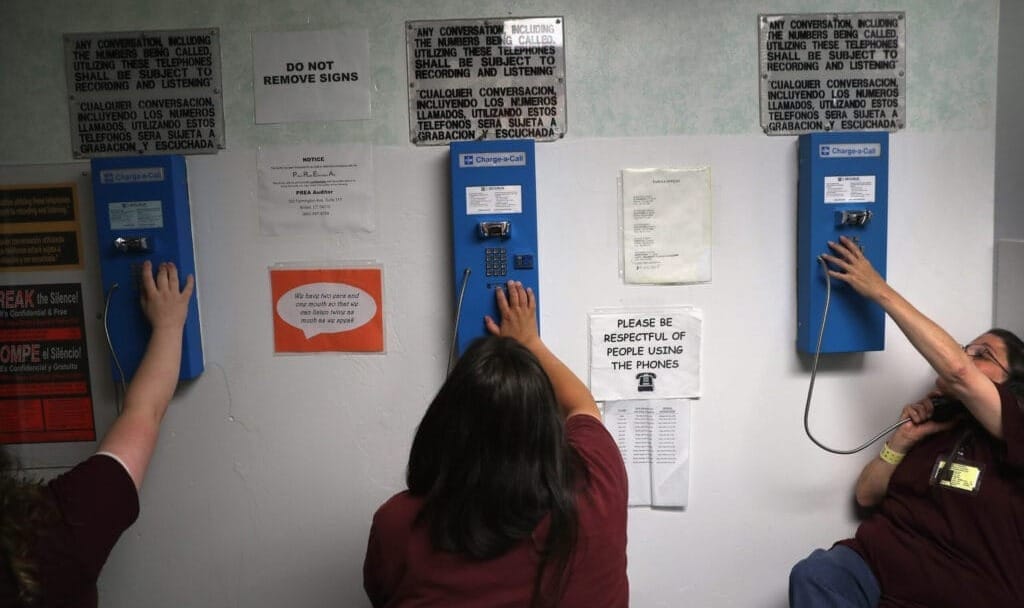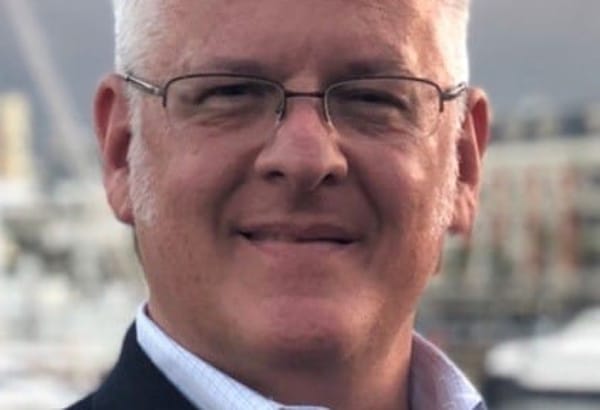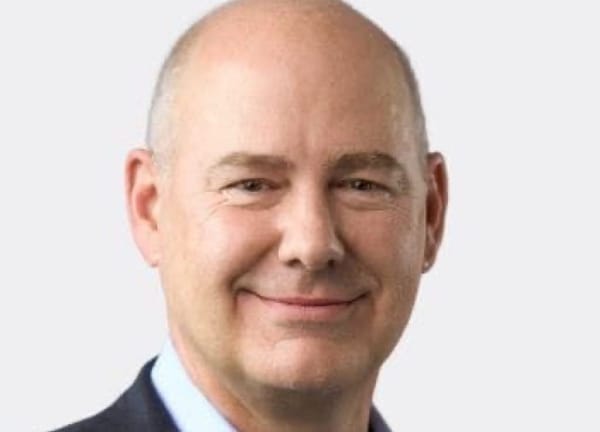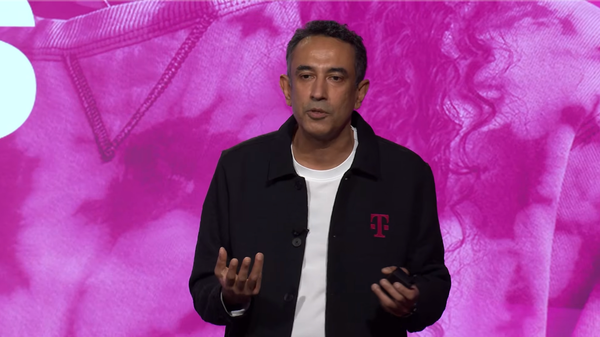Litigation Heats Up Over FCC’s Inmate Call Rate Caps
Fourteen states and the largest prison telecom provider have escalated their legal fight against the FCC.
Jericho Casper

WASHINGTON, Oct. 3, 2024 – The legal battle over the Federal Communications Commission's new rate caps to lower the cost of inmate communications services has escalated, with multiple challenges now unfolding in different courts.
Adding to the complexity, a coalition of 14 states, led by Indiana, filed a petition for review in the U.S. Court of Appeals for the Eighth Circuit on Monday. The states argued that the FCC's order was arbitrary, capricious, and an abuse of discretion, claiming that the agency exceeded its statutory authority and failed to provide adequate evidence to support its decision. The states are seeking to vacate key portions of the FCC's order, adding another layer to ongoing litigation.
The coalition of states, including Virginia and Arkansas, filed their case after the 10-day court lottery deadline. As a result, their petition is expected to go directly to the First Circuit, where it will be consolidated with about 10 other cases, including Securus Technologies’ challenge to the FCC’s order.
Meanwhile, Securus is attempting to move all cases to the more conservative Fifth Circuit, where the company likely hopes for a more favorable ruling given the court's reputation for limiting federal regulatory authority. Depending on the outcome of that motion, the states’ case may eventually be transferred alongside Securus’ challenge to the Fifth Circuit.
In a parallel move, Securus filed a petition for stay with the FCC on Tuesday, seeking to halt the new rate caps that significantly reduce the cost of phone and video calls for incarcerated individuals. However, this stay petition is seen more as a procedural step, as Securus is expected to renew this request in the courts.
Public Interest Groups Push Back
Public interest groups swiftly responded to Securus’ stay petition, filing formal opposition late Tuesday. Leading the opposition are advocates include Cheryl Leanza from the United Church of Christ Media Justice Ministry, Stefen Short from Worth Rises Inc., and Andrew Schwartzman on behalf of the Pennsylvania Prison Society.
These groups argued that Securus has failed to meet the legal burden required for a stay, asserting that delaying the FCC’s order would prolong the financial strain on incarcerated individuals and their families, who have long endured high communication costs.
The opposition emphasized that Securus’ claims, which hinge on the Martha Wright-Reed Just and Reasonable Communications Act, do not justify further delays, especially given the urgent need for affordable communication options in correctional facilities.












Member discussion